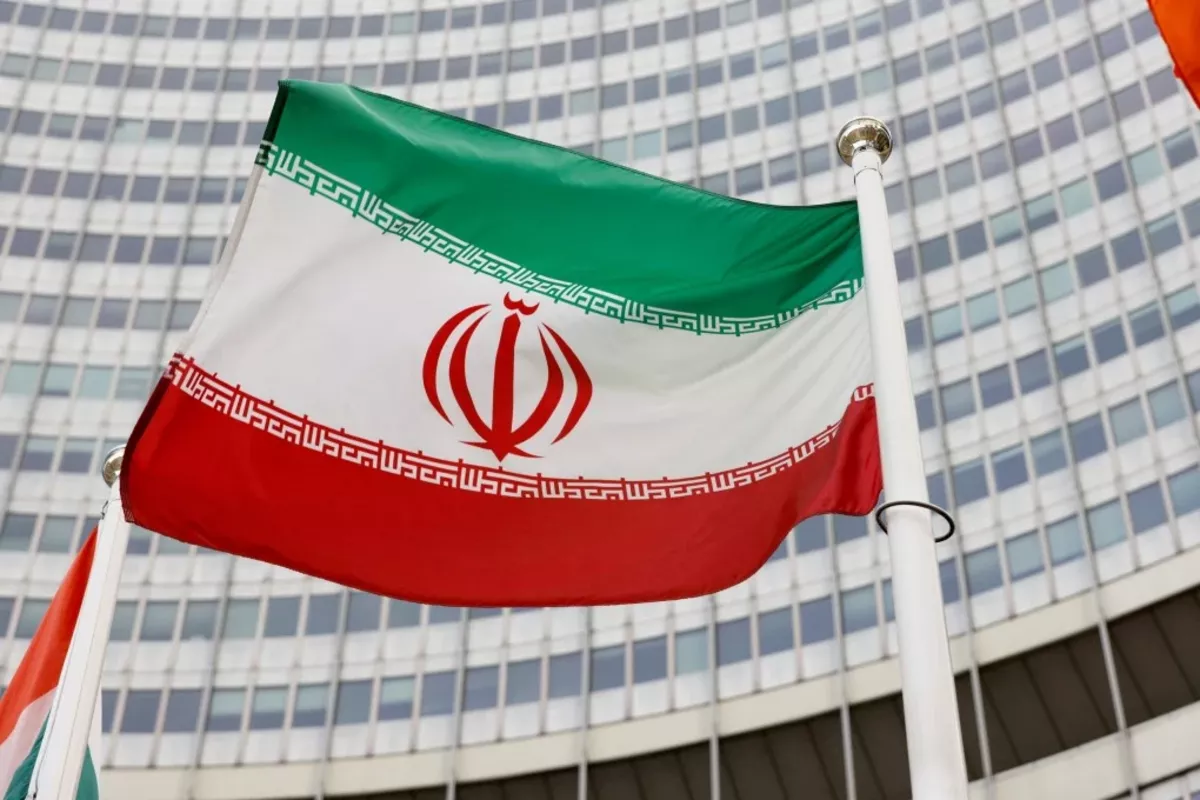
Reuters
Saeed Tavakkoli, the Managing Director of the National Iranian Gas Company (NIGC), stated that there are no plans for a general increase in gas tariffs, emphasizing that adjustments will only apply to households with excessive consumption.
Speaking to reporters, Tavakkoli clarified that the ongoing plan is a tariff reform, not a rate increase. He said about 88-90 percent of Iran’s population will not be impacted, as their usage falls within the national consumption standards. Based on billing data from October, 76 percent of households paid less than 10,000 tomans for gas, The Caspian Post reports citing Iranian media.
“For low-income groups, gas consumption within the first tier remains free of charge,” he added, emphasizing that the reform plan is guided by justice-oriented principles aimed at curbing excessive energy use and redirecting resources toward vulnerable communities.
Tavakkoli underlined that the goal of tariff reform is not to boost government revenue, but to balance consumption and reduce energy imbalance in the residential sector. The revised structure simplifies consumption categories from 12 to 4 global-standard tiers, allowing for clearer assessment of user behavior. Only 2 percent of high-consuming households-often owners of second homes or properties with luxury heating facilities-will face higher bills.
He also revealed a major update in Iran’s climatic zoning system: the previous five-zone classification has been replaced with 1,300 independent thermal regions, ensuring fairer tariff rates based on each city’s long-term temperature data. “Five zones for a country with Iran’s climate diversity was unfair,” he said.
Tavakkoli noted that a Cabinet decree requires all government agencies to cut energy use by at least 20 percent compared to 2022 levels and maintain indoor temperatures at 20°C during winter. Citizens can report violations via the NIGC hotline 194.
He clarified that none of the tariff adjustments are intended to raise state income, as all resulting funds will be allocated to about 500,000 low-income families supported by the Welfare Organization and the Imam Khomeini Relief Committee.
Discussing broader initiatives, Tavakkoli announced a national plan to modernize heating systems, including replacing outdated gas heaters with energy-efficient models. So far, contracts for 1.725 million units have been signed, and 300,000 installations are expected to be completed by the end of this year, with full implementation by 2026
He highlighted that these measures will cut energy waste, create thousands of jobs in manufacturing and installation, and strengthen Iran’s energy security.
Tavakkoli also confirmed that gas storage facilities in Sarajeh and Shourijeh are at their highest capacity in history, with liquid fuel reserves also at exceptional levels-reflecting better energy management and coordination across the Oil Ministry’s subsidiaries.
Emphasizing Iran’s regional strategy, he stated: “Our gas diplomacy with Russia and Turkmenistan has never stopped. We continue regular negotiations on gas imports, exports, and joint projects to enhance regional energy synergy and security.”
Tavakkoli concluded that the company’s main objective this year is to address energy imbalances through efficiency, ensuring stable gas supply to industries and supporting Iran’s industrial growth.
Share on social media